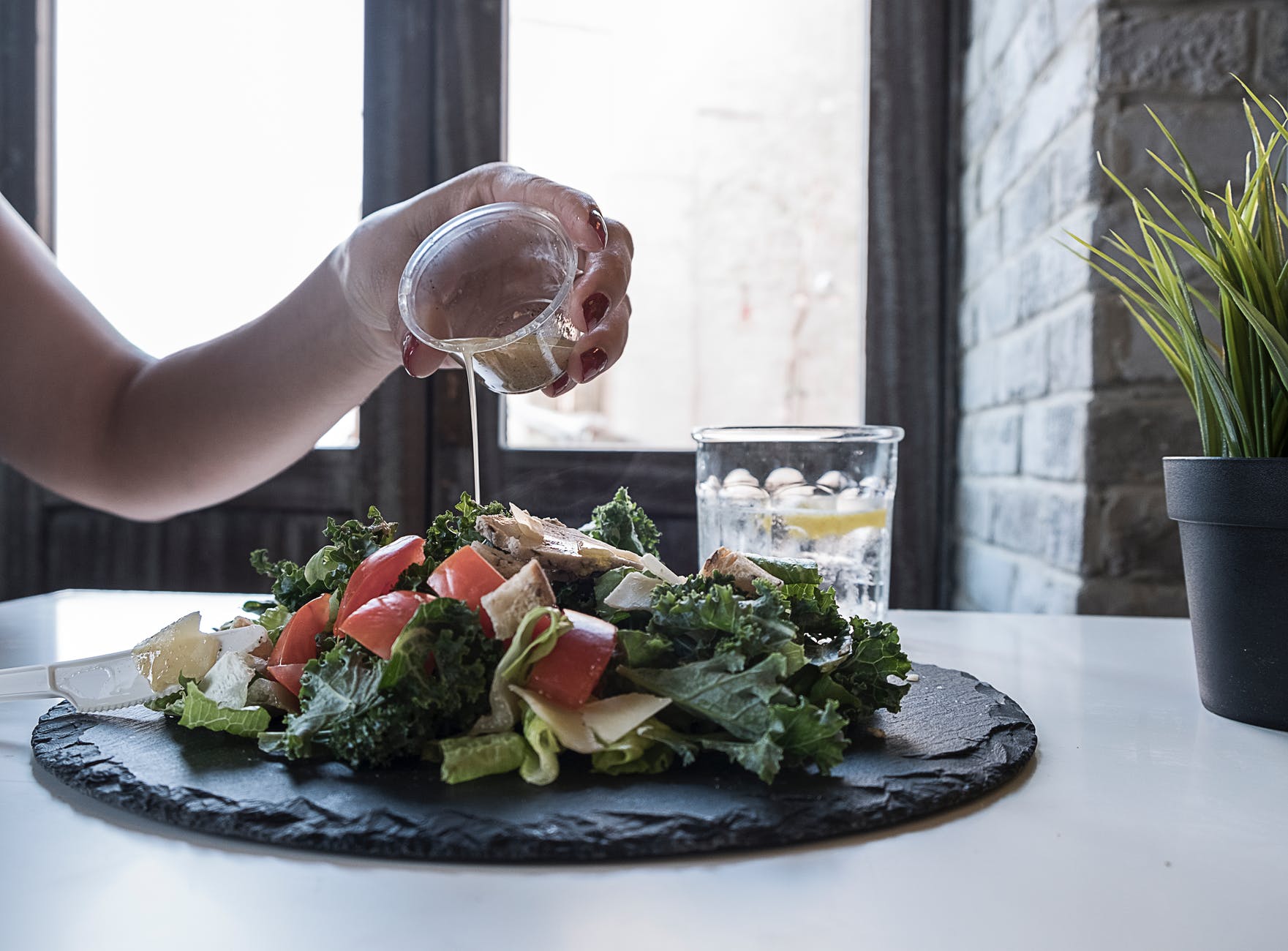I have some good news to share: eating fats does not automatically make you fat. You can understand where the misconception comes from, though. Fat can be a pretty scary nutrient for those who count calories because it’s more calorie-dense: one gram of fat contains nine calories, compared to four calories per gram of protein and four calories per gram of carbohydrate. People also associate fat with more ‘indulgent’ foods, such as butter and steak, adding to the misconception that all fats are unhealthy. Then there’s the simple association that eating fats might simply create fat in the body, which isn’t necessarily the case; you’re likely to gain weight if you eat processed or unhealthy foods or overeat consistently, including fats, but fats don’t inherently lead to weight gain.
In fact, many of my clients have been able to lose weight on high-fat diets, often because they replace refined carbs and sugars with healthy fats (snacking on nuts instead of chips, for example). It is important to know that fats take longer to digest than other nutrients, such as carbs. That means they take longer to move through your digestive system, which helps you stay full for longer and have fewer snacking cravings. Fats boost your metabolism for the same reason; your body needs more energy (aka burns more calories) to digest them.
How much fat should you eat, then? On average, aim to keep fats as 30 percent of your daily diet; however, this can vary based on your body, activity level, and general health. You should also stick to healthy fats as much as possible, including avocados, nuts, whole soy, olive oil, and fatty fish like tuna and salmon. Are you still confused or unsure and require more specific guidelines for your body? Check out my meal planning options.
Finish 2019 Stronger 30 Day Challenge
So no, you probably don’t need to go nonfat to lose weight or simply stay healthy. Keeping those healthy fat sources as a part of your regular diet, balanced with carbs and plenty of protein, is the best way to go. Here’s a healthy, balanced two-week clean eating plan to get you started.







